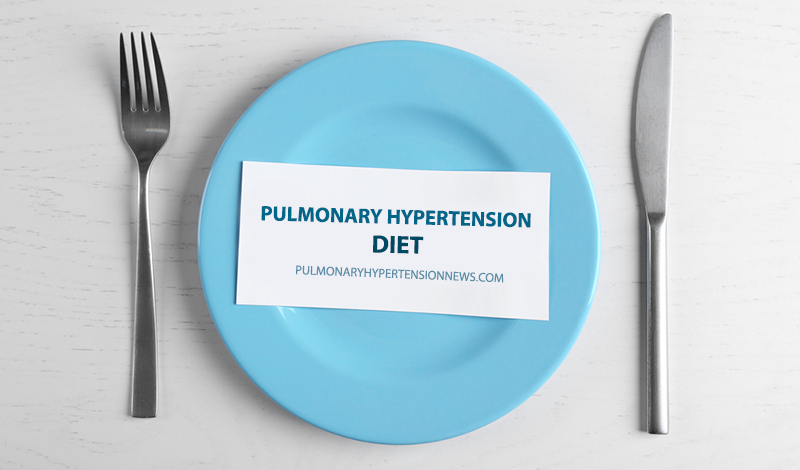Pulmonary Hypertension Diet: What You Should Know

Pulmonary hypertension (PH) is a disease diagnosed when arteries responsible for carrying blood become, thick, stiff and clogged. Normally, the arteries transport blood from the heart to the lungs, but in PH the vessel flow is hampered leading to abnormally high blood pressure in the pulmonary arteries.
But how is pulmonary hypertension diagnosed? Learn more about it here.
The rare condition affects people of all ages, races, and ethnicity, but it is more common among young adults and women. The first signs of PH can be shortness of breath, difficulty in completing daily tasks such as climbing stairs, fatigue, and dizziness. There is currently no cure for pulmonary hypertension. A progressive disease, it gets worse with time and if left untreated patients with PH may die within few years.
What about eating habits? Should you change your diet after you receive a pulmonary hypertension diagnosis?
Diet and nutrition are important for everyone since they can determine overall health, but patients who suffer from pulmonary hypertension should be particularly aware about what can help reduce risks and improve their quality of life. Certain foods and vitamins may interact with medication, causing a buildup of excess body fluid called edema, as well as nausea and discomfort. There are also foods more likely to cause high blood pressure and obesity than others — information that pulmonary patients should be aware of.
Read more about 11 tips to self-manage pulmonary hypertension.
Unhealthy diet, being overweight, and obesity can result in flaccid muscles, high blood pressure, cholesterol, as well as secondary diseases like sleep apnea and heart disease. Therefore, patients who already suffer from pulmonary hypertension are at higher risk of right heart failure.
Want to learn more about pulmonary hypertension diet tips and recommendations?
Pulmonary Hypertension News is strictly a news and information website about the disease. It does not provide medical advice, diagnosis or treatment. This content is not intended to be a substitute for professional medical advice, diagnosis, or treatment. Always seek the advice of your physician or another qualified health provider with any questions you may have regarding a medical condition. Never disregard professional medical advice or delay in seeking it because of something you have read on this website.







